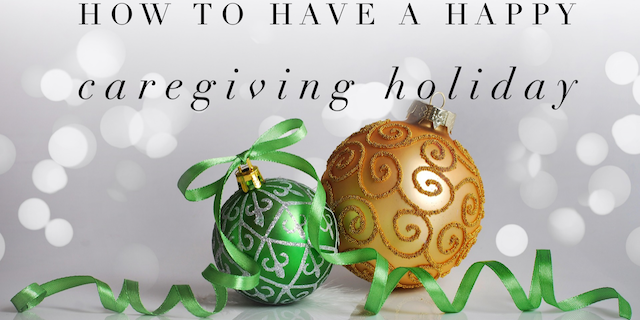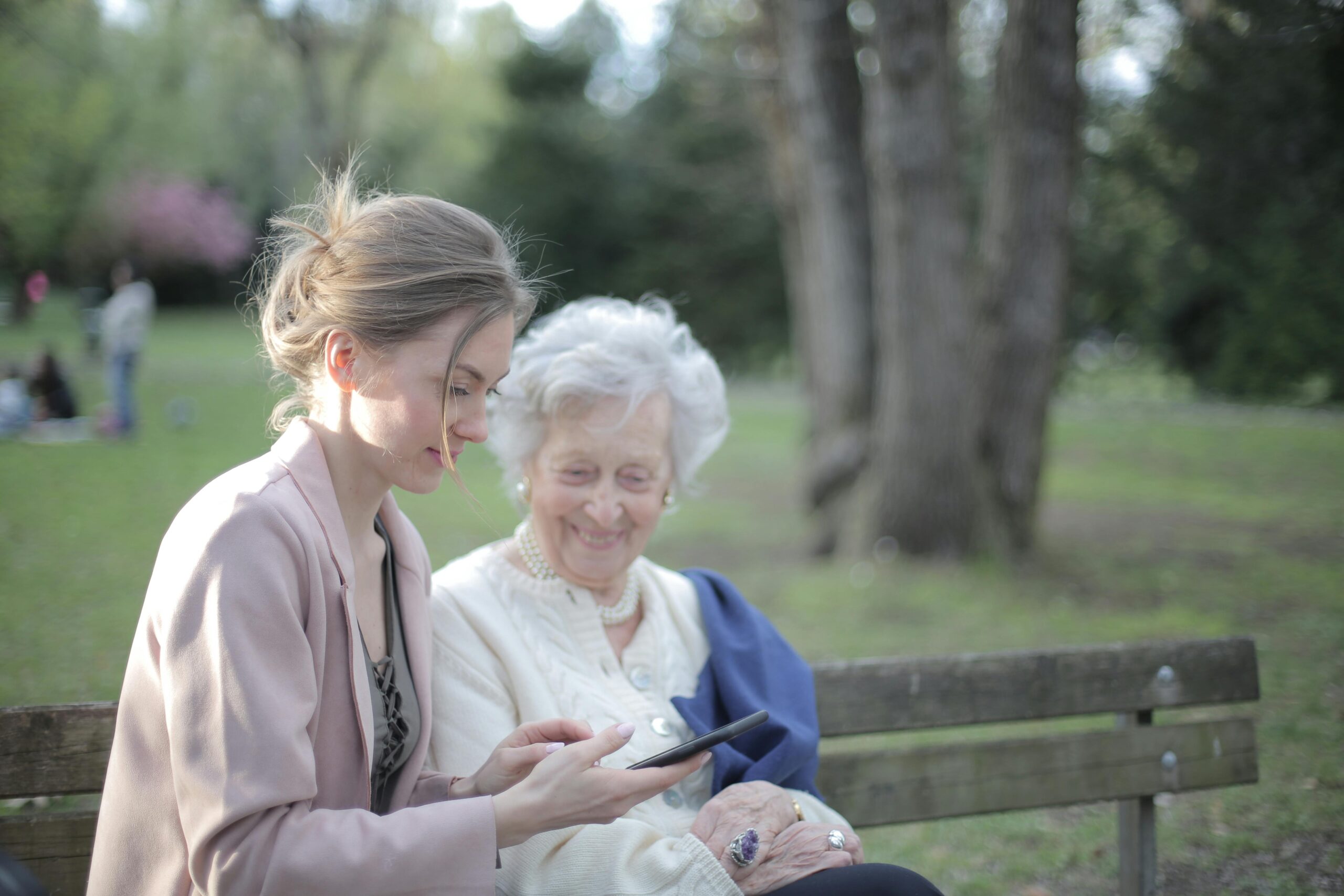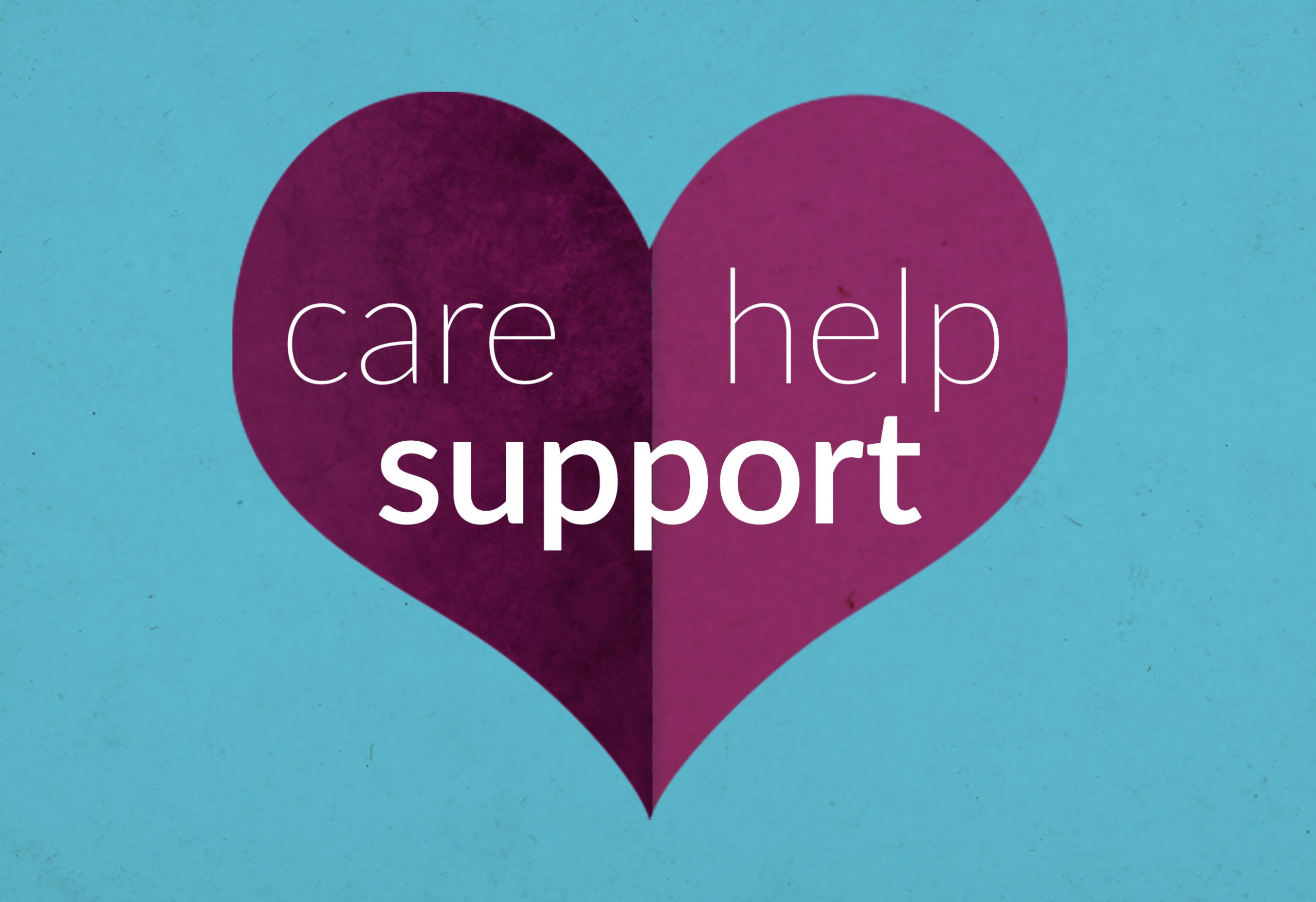When you’re caring for someone you love—whether it’s your parent, child, spouse, or sibling—
there’s a part of you that’s constantly grieving. Not just for what’s happening, but for what
should have been. For the life that was stolen, the dreams that never made it past the planning
stage, and the person they used to be. That grief? It’s deep, it’s constant, and nobody talks about
it enough.
You’re not just grieving their illness. You’re grieving what you’ve lost too.
You might catch yourself scrolling through social media, seeing friends living their carefree
lives, traveling, enjoying family events, or just spending time with their loved ones in a way that
you can’t anymore. And that burns. Because you’re stuck managing medications, attending
doctor’s appointments, and keeping track of a dozen things they can’t manage anymore.
You’re grieving the version of life you imagined. One where you weren’t tied down by medical
schedules, heavy decisions, and the weight of watching your loved one fade. That’s real. It’s
okay to feel it.
No one tells you that while you’re giving care, you’re also letting go.
For me, this hit hard when my mom was diagnosed with cancer. I had this vision in my head of
us spending our days laughing, cooking, and enjoying her retirement, but cancer had other plans.
Instead of fun times together, I was juggling her chemo schedules and helping her deal with side
effects that knocked her down daily. I was grieving, not just her pain, but the version of our
relationship that was never going to happen.
I remember one day, after yet another doctor’s appointment, she tried to crack a joke but couldn’t
get the punchline out because she was too exhausted to speak. We laughed anyway, because
what else could we do? But inside, I felt a deep sadness knowing this wasn’t how it was
supposed to be. That laugh felt like a goodbye to the carefree moments we’d never have again.
Grieving the ‘what could have been’ isn’t selfish. It’s human.
There’s this silent pressure in caregiving to always be strong, to keep it together for everyone
else, to swallow your feelings and just focus on the task at hand. But that’s a load of crap, and
deep down, you know it. You’re human. You weren’t built to just handle everything and not feel
the crushing weight of it all. You’ve lost something too.
Every time they struggle to remember, or when they need you to do things they once did for
themselves, you’re reminded of that loss. And yeah, it hurts like hell.
You might feel guilty for wishing it was different, but that doesn’t make you a bad person.
You know those moments when you’re exhausted, emotionally tapped out, and the thought
crosses your mind—”I wish this wasn’t my life.” Yeah, that one. The one you never say out loud
because, God forbid, someone thinks you’re selfish or ungrateful. Guess what? You’re not.
You’re just real.
It’s okay to feel that grief. It’s okay to feel the pain of not having the life you envisioned, of
losing not just them but a part of yourself in the process. You’re allowed to mourn the future that
was ripped away from you both.
So what do you do with all this grief?
You acknowledge it. Don’t hide from it, don’t shame yourself for feeling it. Grief in caregiving
isn’t just about death—it’s about all the little pieces you lose along the way. It’s about processing
what’s happening now while letting go of what will never be.
But you don’t have to do this alone. As a support coach, I help family members like you navigate
this emotional rollercoaster—because I’ve been there too. I get what it’s like to grieve what
should have been while managing what is. Together, we’ll work through the grief, the anger, and
the frustration, and find a way for you to reclaim some peace in the chaos.
You don’t have to do it all alone. I’ve dedicated my life to supporting families caring for their
loved ones—people just like you—who need a space to let it all out, to process, and to learn how
to live through the hard stuff without losing themselves in the process.
Here’s the truth nobody tells you: It’s okay to grieve what was supposed to be.
There’s no timeline for how long it takes to accept that life has changed, and it’s not going back.
But every day, you keep showing up, and that matters. Even when it feels like the pieces of your
heart are breaking off with each passing moment, you are still here.
So if you’re reading this and thinking, “This is me, I need help,” then you’re in the right place. I
offer real, no-BS support to help you through this journey. You don’t have to carry this weight
alone. Let’s talk. Reach out and schedule a Discovery Support Call with me today. Because
you’re not just a caregiver—you’re a human with dreams, grief, and the right to support, too.
You can’t change what’s happening, but you can control how you move forward.







